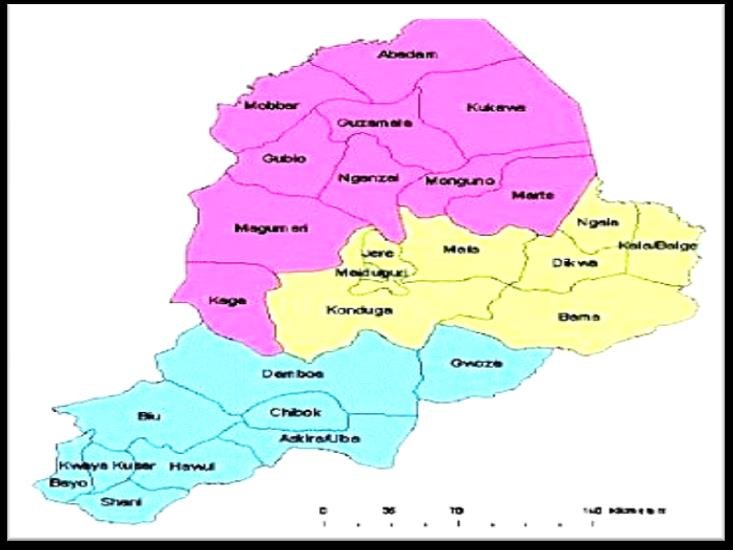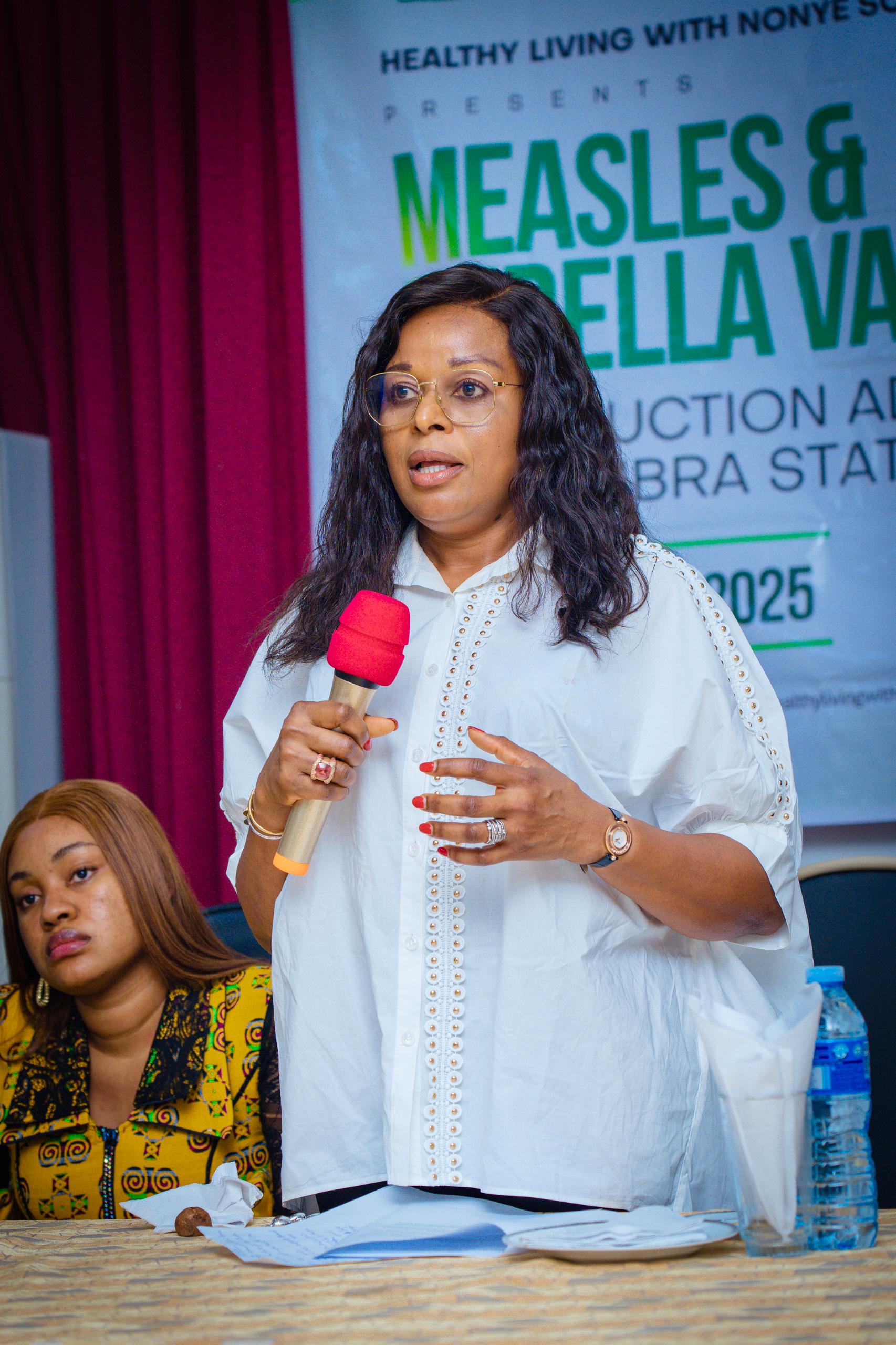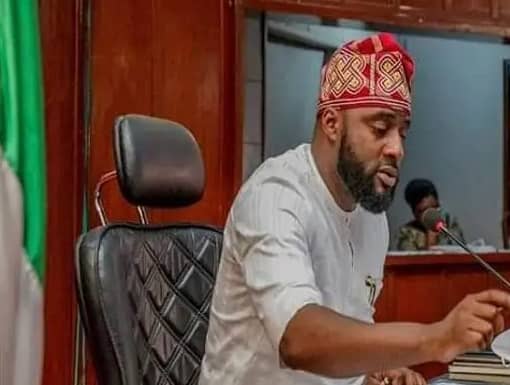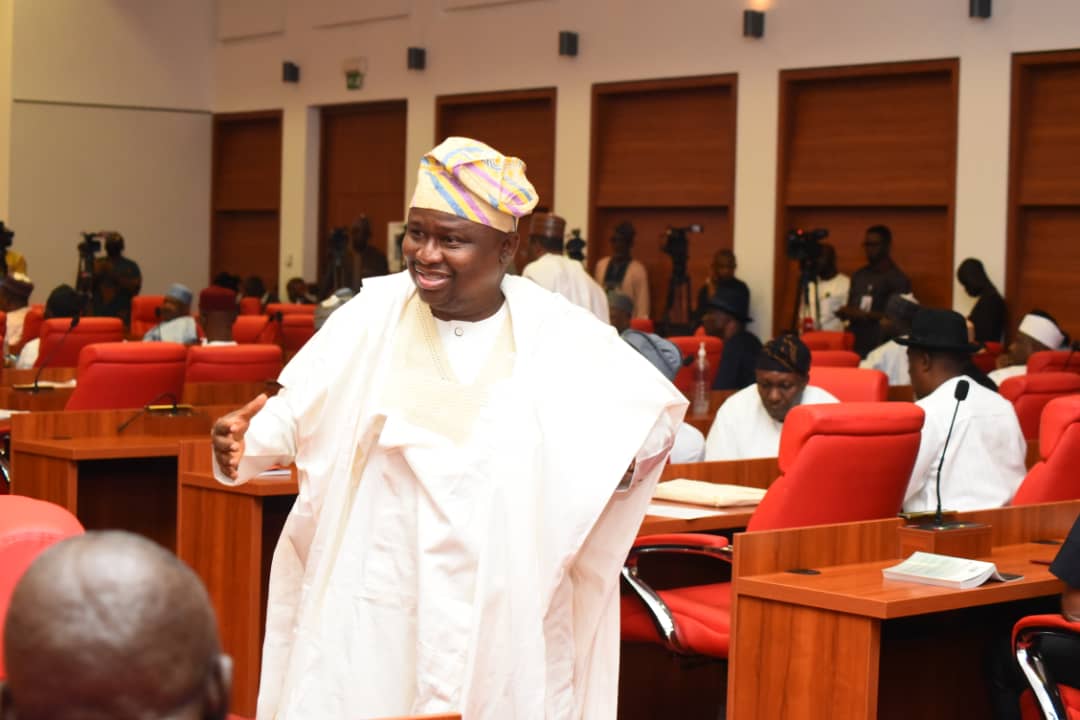Ndume Demands Withdrawal of Tax Reform Bills, Cites Poor Timing and Lack of Consensus
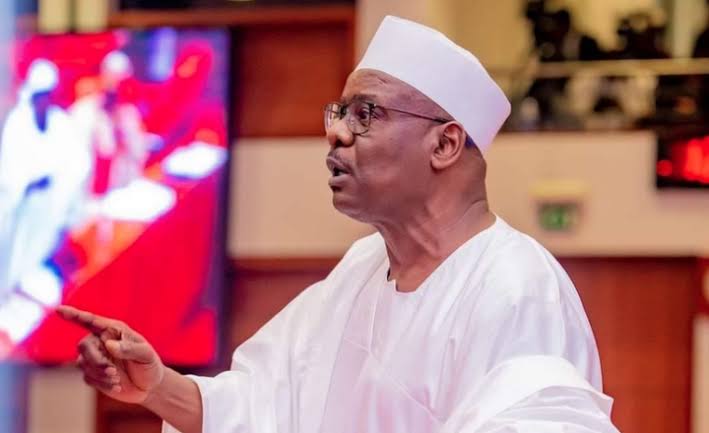
Former Senate Leader Mohammed Ali Ndume has renewed his call for the immediate withdrawal of the Tax Reform Bills currently under consideration in the Senate. He argues that the proposed reforms lack proper consultation and require critical adjustments to address their potential impact.
Ndume dismissed allegations that northern Nigeria is parasitic, emphasizing the interdependence of all regions in driving national development. He asserted that the proposed tax reforms would disproportionately burden low- and middle-income Nigerians, regardless of regional differences.
Criticizing the timing of the bills, Ndume highlighted the severe economic challenges facing Nigerians. He warned that implementing the reforms in their current form could exacerbate the financial strain on citizens.
Ndume, who was recently removed as Senate Chief Whip due to his outspoken stance on national issues, stressed the need for prudent management of public resources. He urged the Federal Inland Revenue Service (FIRS) to prioritize expanding the tax net while enhancing transparency and accountability in revenue collection.
He also called on the Central Bank of Nigeria (CBN) to ensure that commercial banks, which report significant annual profits, contribute their fair share of taxes.
The Tax Reform Bills, part of President Bola Tinubu’s comprehensive tax reform agenda, propose the creation of the Joint Revenue Board, the Tax Appeal Tribunal, and the Office of the Tax Ombudsman. Despite these proposed changes, Ndume expressed concerns over their timing, derivation policies, Value Added Tax (VAT) adjustments, and the lack of nationwide consensus.
READ ALSO:
Lagos Muslim Community Rallies Behind NAHCON, Rejects ICPC Corruption Risk Label
FG Launches Transformative Mining Policies to Boost Local Content, Economic Growth
Warrant of Arrest Looms for Ignoring Committee Invitation – Senate Warns Galaxy Backbone
Ndume further emphasized the need for a holistic reform of governance, extending beyond the executive arm. He pointed out that personnel and overhead expenses for 2024 constitute 50-60% of the national budget, with over 15-20 trillion naira allocated to personnel costs, debt servicing, and recurrent expenditure.
“The North is not a parasite or dependent on any region or the country,” Ndume declared. “We are assets, not liabilities, to Nigeria.”
Ndume’s remarks underline the necessity for broader dialogue and inclusivity in reforming Nigeria’s tax system to ensure equitable outcomes for all citizens.


